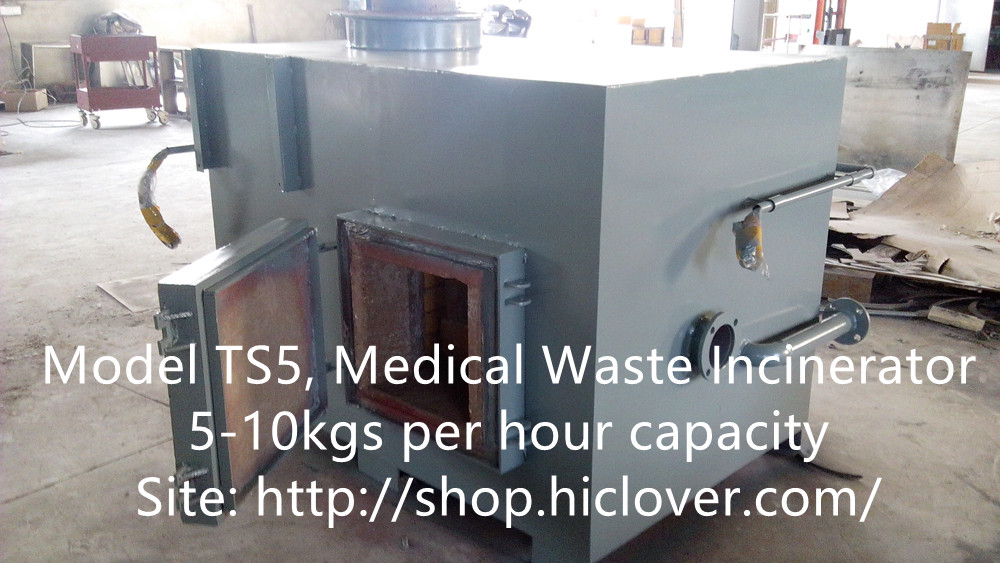Hospitals are often considered to be the backbone of our healthcare system, providing care and treatment to those in need. However, what many people may not realize is that hospitals also generate a substantial amount of waste. From medical supplies and equipment to food and paper products, the amount of waste produced by a hospital can be staggering. This is where hospital incinerators come into play, serving as a key component in the disposal of healthcare waste. However, the use of hospital incinerators raises important questions regarding both the economics and ethics of waste disposal in healthcare.
From an economic standpoint, hospitals face significant challenges when it comes to managing their waste. According to the U.S. Environmental Protection Agency, healthcare facilities generate approximately 16 pounds of waste per patient per day, resulting in higher costs and logistical challenges associated with waste management. Hospital incinerators offer a convenient and cost-effective solution for disposing of this waste. Incineration can reduce the volume of waste by up to 90%, providing hospitals with a more efficient and environmentally friendly method of waste disposal. Additionally, incinerators can also generate energy through the combustion process, which can help offset some of the operational costs associated with waste management.
However, the use of hospital incinerators also raises ethical considerations related to environmental impact and public health. Incineration releases pollutants such as dioxins, heavy metals, and particulate matter into the air, which can have detrimental effects on both the environment and human health. As a result, there is a growing concern about the potential health risks associated with the emissions from hospital incinerators. This has led to increased scrutiny and regulations on hospital waste incineration, with many facilities facing pressure to explore more sustainable and environmentally friendly alternatives.
In response to these concerns, many hospitals are turning to alternative methods of waste disposal, such as steam sterilization, chemical treatment, and recycling. These methods offer a more environmentally friendly approach to waste management, reducing the impact on air quality and public health. While these alternatives may come with higher initial costs, they also provide long-term benefits in terms of sustainability and public health, aligning with the ethical responsibilities of healthcare facilities to protect the well-being of their patients and the surrounding community.
Navigating the economics and ethics of hospital waste disposal presents a complex challenge for healthcare facilities. Balancing the need for cost-effective waste management with the ethical responsibility to protect the environment and public health requires careful consideration and strategic decision-making. While hospital incinerators offer a convenient and cost-effective method of waste disposal, the potential environmental and health risks associated with their use call for a more sustainable and responsible approach to waste management in healthcare.
As hospitals continue to explore alternative methods of waste disposal, it is important for healthcare facilities to prioritize the well-being of their patients and the environment. By investing in sustainable waste management practices and technologies, hospitals can reduce their ecological footprint and contribute to a healthier and more sustainable future for all. It is crucial for hospitals to strike a balance between the economics and ethics of waste disposal, ultimately working towards a more responsible and environmentally friendly approach to healthcare waste management.



